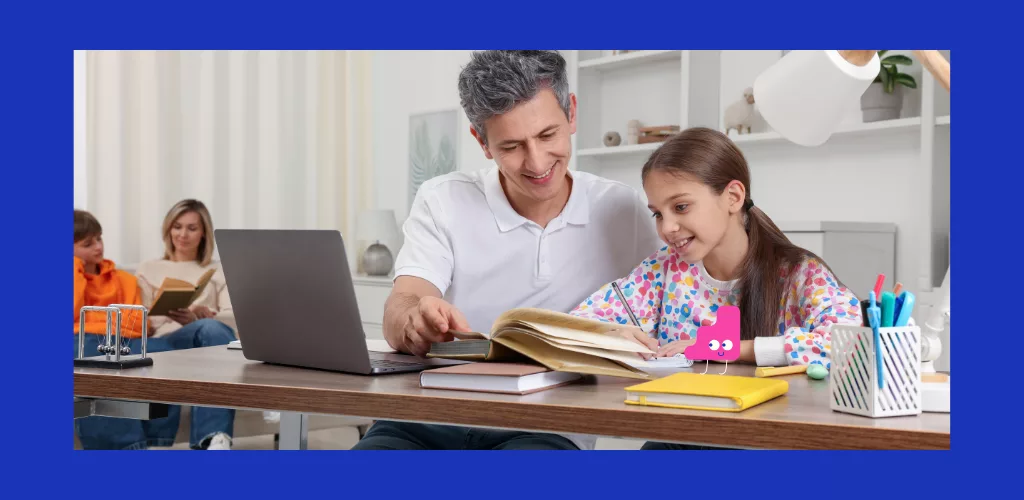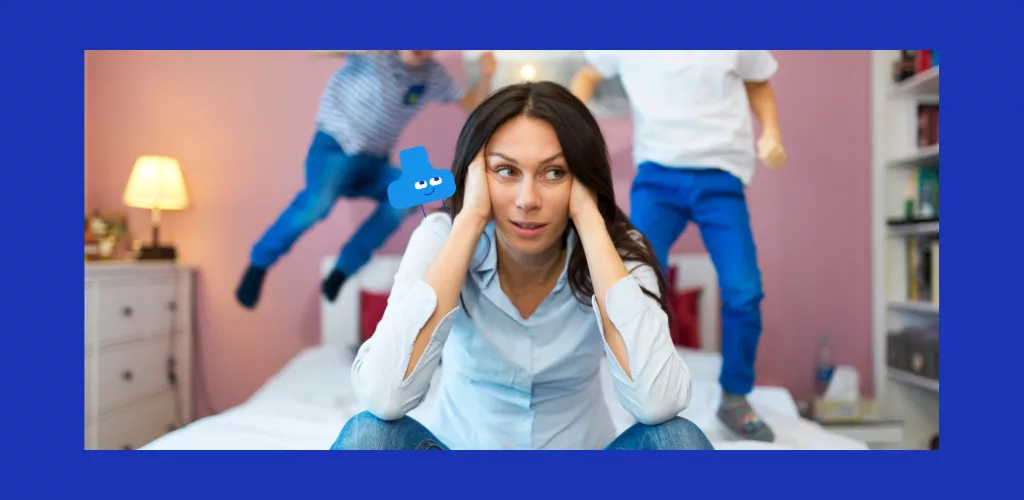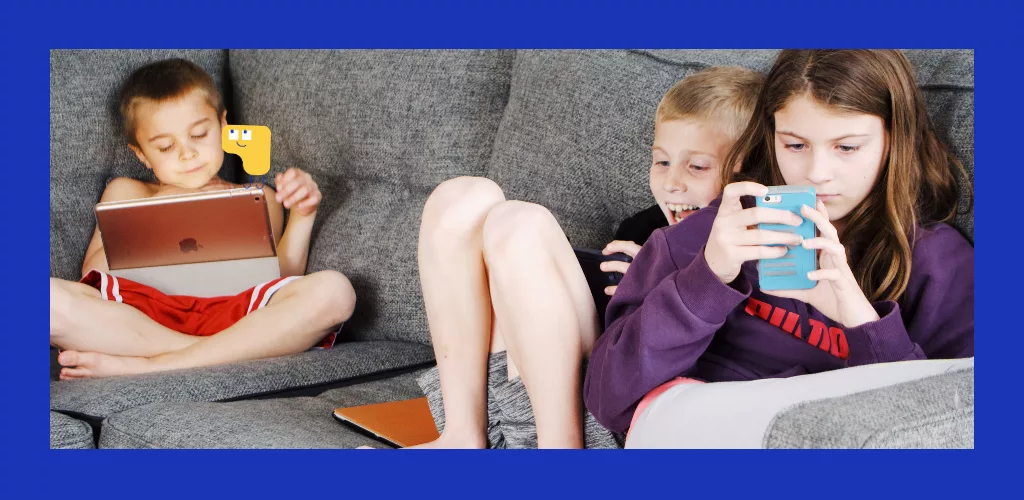Children aren't dropped off like parcels.
They need adults who talk to each other.
For over 30 years, the Vigipirate plan has been the norm.
What was supposed to be exceptional is now a Pavlovian reflex:
alert, closure, prohibition, control.
And the parents? Personae non grata.
The gradual disconnect between parents and institutions
As a parent, I experienced 2015, the ban on standing in front of the gate.
Then the pandemic completed this already fragile bond.
Every fall, the same instruction:
"It's Vigipirate, you drop off and leave immediately."
At the gym, the conservatory, the schools: everywhere, the same signs, the same closed doors.
Even for 45 minutes of activity, it's impossible to stay, observe or exchange ideas.
And over the years, one thing has become clear:
trust has been replaced by suspicion.
In our desire to protect, we have isolated
Under the pretext of security, essential human links have been erased:
-
No more direct dialogue with teachers,
-
More observation of children's daily lives,
-
More reassuring presence for those who need it.
The result: a dehumanized, "drop-in" education.
A school that has become a bunker.
The figures speak for themselves
According to PISA data :
-
Only 16% of French parents are actively involved in their children's school life, compared with an OECD average of 50%.
-
France is one of the countries where coeducation is weakest, even though it is one of the major levers for educational success.
It's not parental disinterest.
It's institutional alienation.
And this breakdown is costing our children more than a hypothetical thwarted risk.
Coeducation: a pillar to be rebuilt
Coeducation means collaboration between parents, teachers and educators.
And its effects are measurable:
-
Better detection of special needs,
-
School bullying prevention,
-
More coherent career paths,
-
Easier integration for allophone families,
-
Reinforced sense of emotional security.
But it all hinges on one essential ingredient:
the human bond.
Open the door, not close it
Safety must not be a pretext for isolation.
It must become a lever for cooperation.
Because a child is not built between two closed gates,
but between adults who talk to each other, trust each other and act together.
It's time to reopen the doors - symbolically and concretely -
to put people back at the heart of education.




0 comments